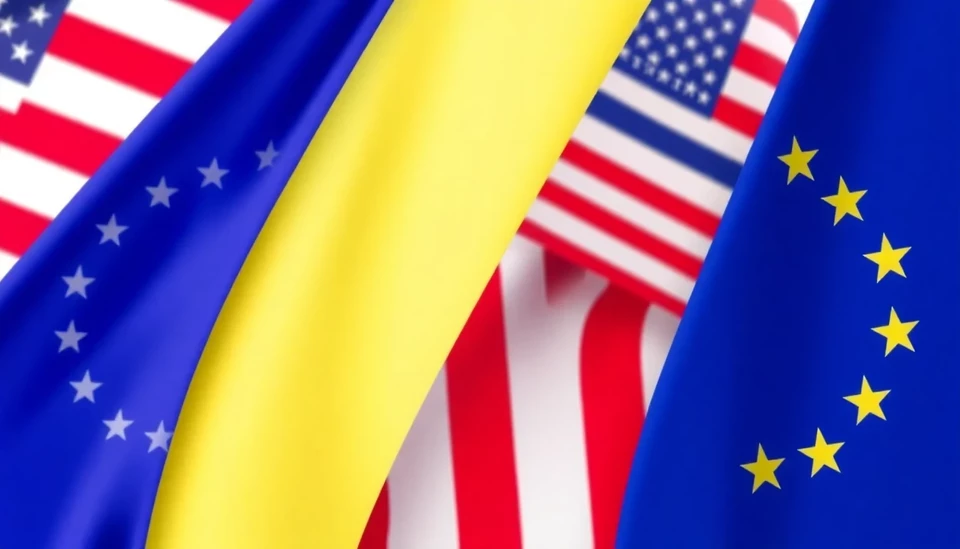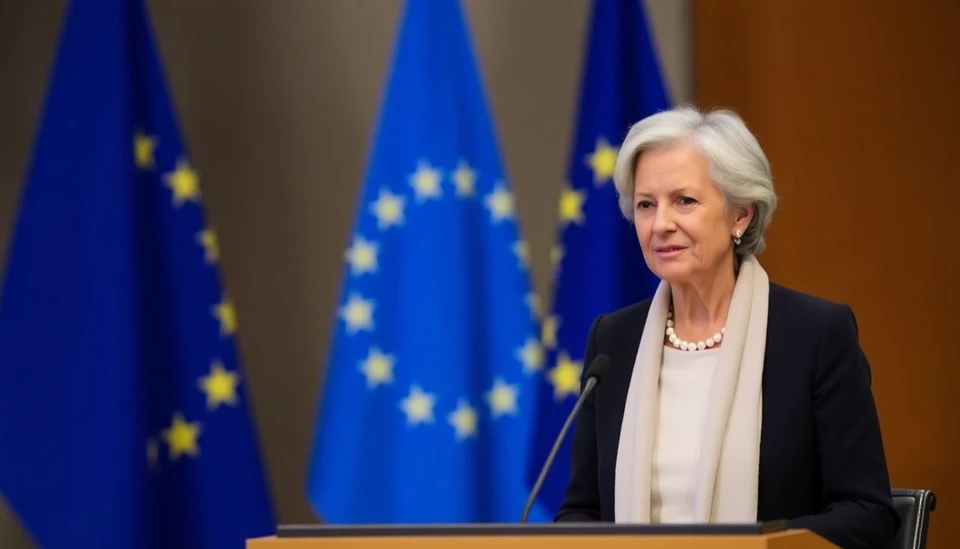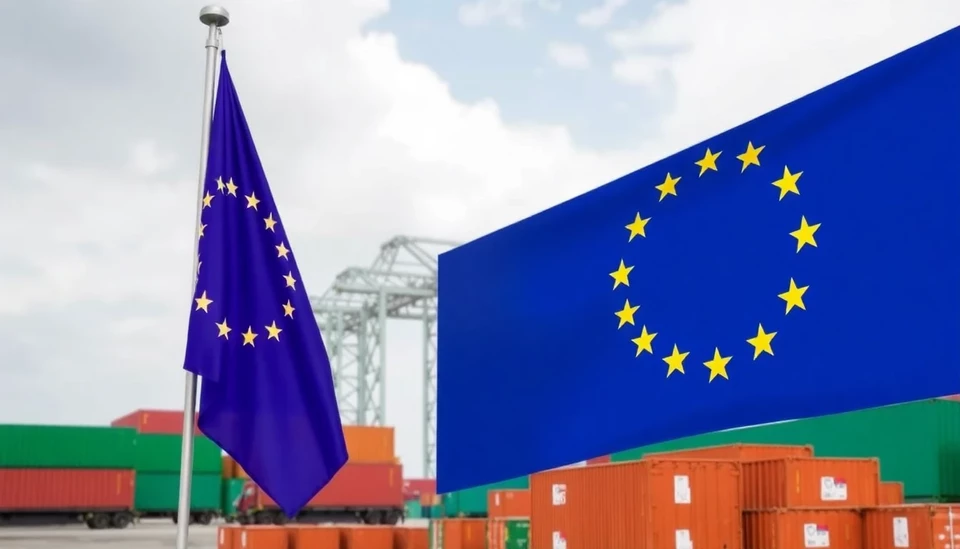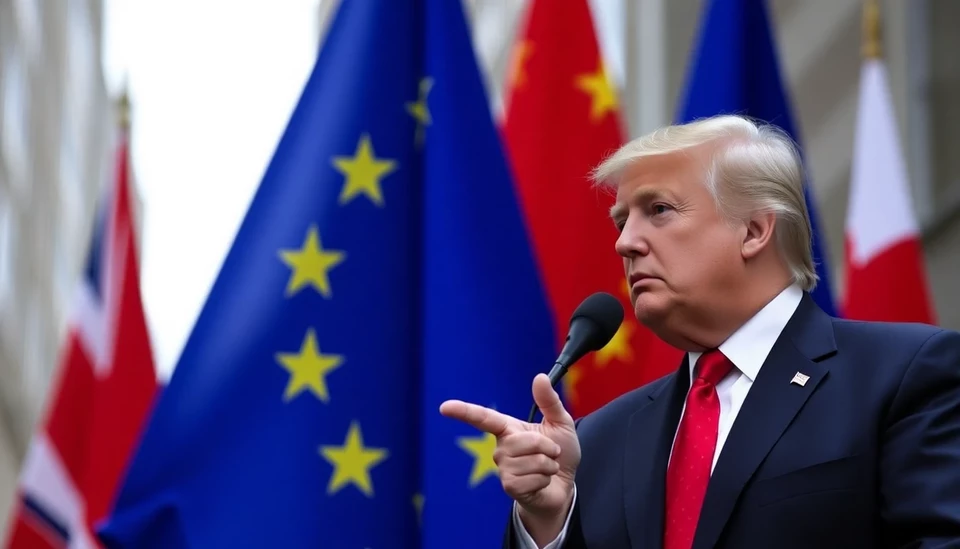
In an insightful declaration, French officials emphasized the European Union's readiness to utilize every available tool in their arsenal during ongoing trade negotiations with the United States. The comments come as tensions rise over various trade issues, particularly in the sectors of agriculture and technology. France's stance reflects a broader consensus within the EU to stand firm against any unilateral trade policies that could disadvantage European industries.
The context of these negotiations is complex, fueled by a history of disputes including tariffs on steel and aluminum, as well as regulations affecting technology companies. Recently, the U.S. has proposed measures that some European leaders believe could threaten their economic interests. France, as one of the leading voices in the EU, is rallying member states to present a united front. The French Minister of Economy, speaking on behalf of the EU, stated, “We are prepared to wield all necessary measures to protect our industries.”
Analysts suggest that the EU's aggressive tone may serve as a warning to the U.S. about the repercussions of their trade actions. Several trade experts believe that the implications of these negotiations extend beyond tariffs; they also encompass broader issues such as environmental regulations and digital policies, which are pivotal in today’s economy. The Union is poised to defend not just its current economic landscape, but also to ensure a fair competitive environment for its emerging sectors.
In reaction to France's statements, U.S. officials have responded cautiously, indicating an interest in continued dialogue but stressing the importance of addressing what they term “fair competition.” There is apprehension among European leaders that this rhetoric might lead to retaliatory measures, which could escalate tensions on both sides of the Atlantic.
The situation is being closely monitored by global financial markets, as traders await the outcome of these discussions. Investors are particularly concerned about potential tariff hikes that could disrupt supply chains, most notably in the automotive and agricultural sectors. The uncertainty surrounding these trade talks could have significant implications for both the American and European economies in the near future.
As the discussions progress, the European Union aims to present a cohesive policy that not only addresses immediate concerns but also paves the way for sustainable trade relations in the long term. Both sides are expected to convene for further talks, as they seek to navigate this complex landscape of international trade amidst rising protectionism globally.
This situation is emblematic of the broader trends in international trade, where collaboration faces increasing challenges in the wake of national interests and protectionist policies. The upcoming negotiation rounds will be crucial in determining the future of transatlantic trade ties, and many eyes will be on France and the EU to see how they handle this pivotal moment.
In summary, the European Union, led by France, is prepared to take action in the trade negotiations with the United States, indicating a strong commitment to protect its industries against unilateral trade measures. As discussions unfold, the global community watches closely, anticipating the potential consequences for international trade dynamics.
#EUTrade #USTrade #France #InternationalRelations #TradeNegotiations #GlobalEconomy #Tariffs #EuropeanUnion #EconomicPolicy
Author: Rachel Greene




